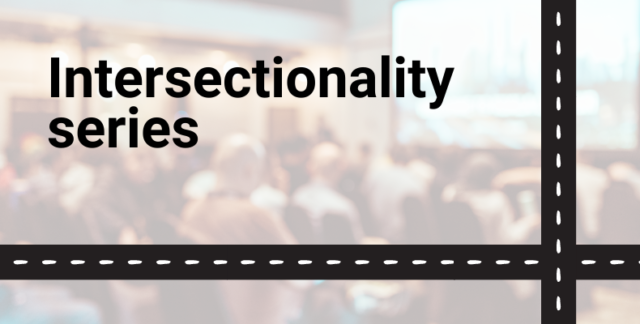The concepts of identity and disadvantage are complex, shaped by aspects such as gender identity, sexuality, religion, language, disability status and race. The various facets of a person’s identity cannot be separated and shape our understanding, perceptions and experience of the world around us, and other people’s perceptions of us. The intersection of these facets can expose people to overlapping barriers, inequities and forms of discrimination in a way that cannot isolate one aspect of identity.
As workplaces increasingly look to advance their equity, diversity and inclusion practice, few are moving beyond traditional transactional approaches to adopt an intersectional lens. This raises the question: how can we advance equity, diversity and inclusion without first recognising that people of any particular identity are not a homogeneous group?
In this session, Dr Lucy Nicholas, Associate Professor in gender, sexuality, and sociology at Western Sydney University, explains why understanding and addressing how the various aspects of identity intersect, is essential to achieving transformative change. Using examples from their practice and research, Dr Nicholas will share their insight on why an intersectional framework should be the starting point of any journey to advance equity, diversity and inclusion.



